The Supreme Court heard oral arguments on Tuesday on the question of whether prosecutors overreached in charging J6 defendants with obstructing the counting of electoral ballots.
No one disputes that applying the obstruction charge as defined in the Sarbanes-Oxley bill is a stretch. The obstruction that the authors of Sarbanes-Oxley were referring to had to do with the destruction of evidence and tampering with evidence that was part of the Enron investigation. The J6 prosecutors claim that the J6 rioters were responsible for "Corruptly obstructing, influencing, or impeding an official proceeding." The word "corruptly" will be carefully scrutinized in this case as will the idea that prosecutors were within the law to broaden the corruption charge.
On prosecutorial overreach, some justices appeared to be thinking along those lines.
Justice Clarence Thomas wondered about the issue of "selective prosecution." “There have been many violent protests that have interfered with proceedings,” he said. “Has the government applied this provision to other protests?”
Justice Sonia Sotomayer had a clear idea of what happened on January 6. “We’ve never had a situation before where there’s been a situation like this with people attempting to stop a proceeding violently,” she said.
Who told the rioters to "stop the proceeding," much less do it "violently"? Putting words in Trump's mouth might be good politics but as a matter of law, Sotomayer should go back to law school.
Several, including Justices Neil M. Gorsuch and Samuel A. Alito Jr., expressed concern through hypothetical scenarios about giving prosecutors broad power that they suggested would allow the government to target peaceful protesters, disruptive hecklers or someone who pulls a fire alarm to delay a vote in Congress.
“Are all of those federal felonies subject to 20 years in prison?” Gorsuch asked.
More than 350 people have been prosecuted under the statute, which was enacted after the exposure of massive fraud and destruction of documents during the collapse of the energy giant Enron and carries a maximum sentence of 20 years. More than 100 have pleaded guilty to or been convicted under the statute.
Gorsuch's question is key. As prosecutors are apt to do, the J6 lawyers threatened dozens of rioters with the 20-year obstruction charge, even if all they did was trespass or commit a less serious offense. Any defense lawyer not drunk or incompetent would have told the defendant to take the deal for a couple of years in jail rather than the 20 years they'd get if convicted under the super-charged obstruction statute.
The court’s ruling has the potential to unwind their convictions and sentences, most of which were well under 20 years, and upend the charges still pending for other defendants. Three Jan. 6 defendants have had their sentences reduced ahead of a decision by the Supreme Court.
The court’s decision, expected by late June or early July, could also further delay Trump’s already stalled trial for allegedly trying to remain in power after his 2020 defeat. Two of the four charges he faces are based on the obstruction statute, and he could move to have those charges dismissed if the Supreme Court rules for the rioters.
The case is about an off-duty Pennsylvania police officer, Joseph Fischer, who attended the "Stop the Steal" rally and breached the Capitol building. Fisher was also charged with six other felonies, as Justice Brett Kavanaugh pointed out.
“Why aren’t those six counts good enough just from the Justice Department’s perspective given that they don’t have any of the hurdles?” he asked.
Related: The Trump Trial Isn't About 'Hush Money'
Indeed, one of the most common criticisms of the prosecutor's cases is the common practice of "over-charging" defendants. When you add the obstruction charge to a defendant already facing serious prison time, any deal offered by the prosecution looks like the deal of the century.
Right now, it appears that if held today, the vote would be 5-3 to toss the obstruction charges for J6 rioters and Trump, with Chief Justice John Roberts's vote unknown.

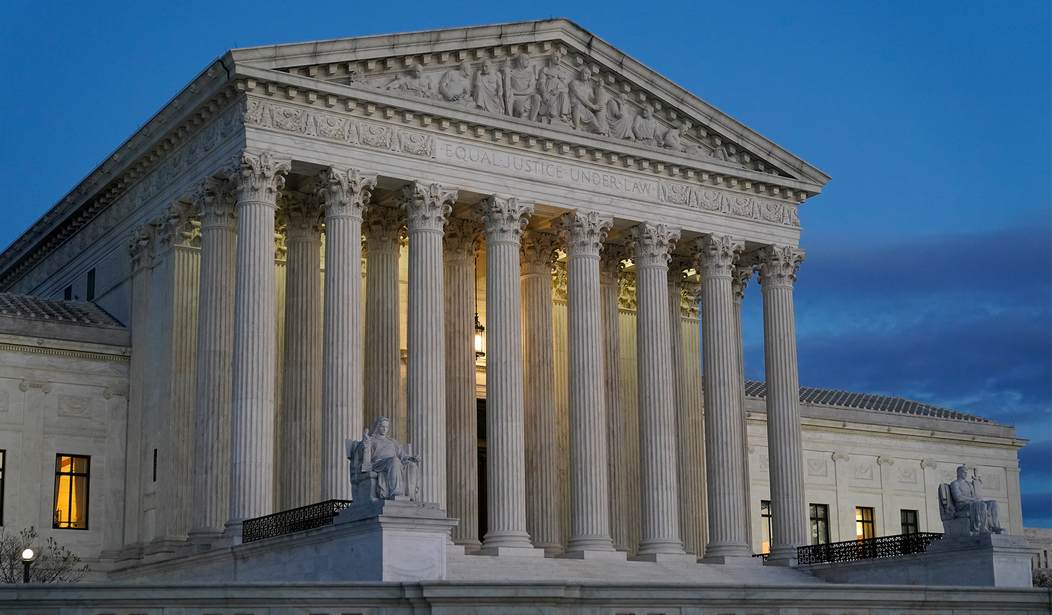

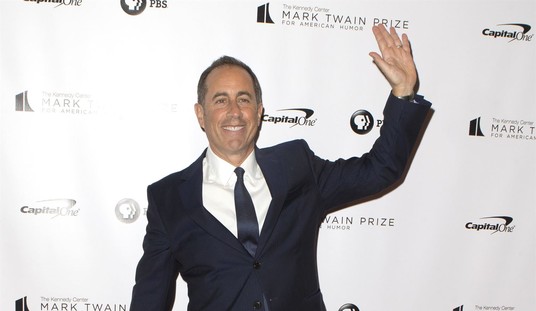
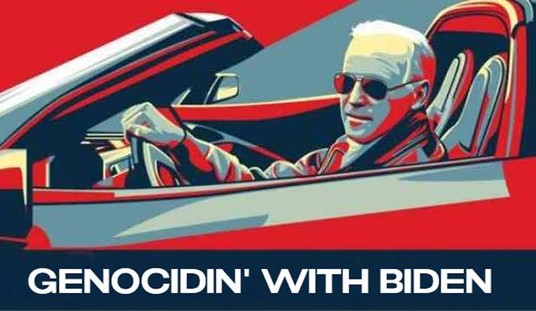

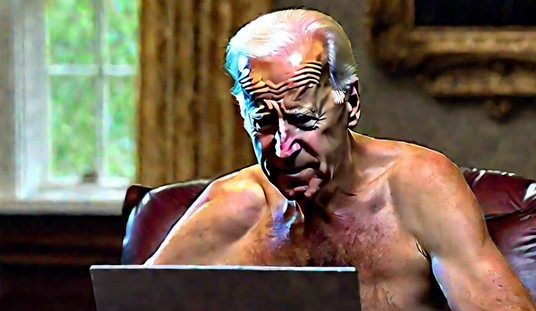
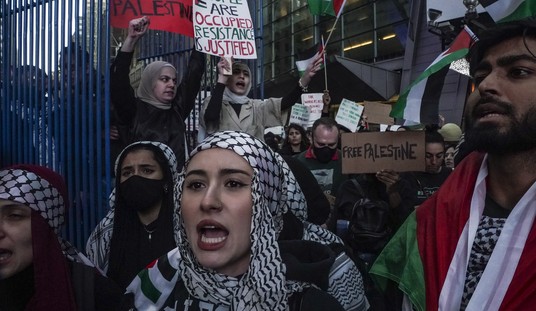
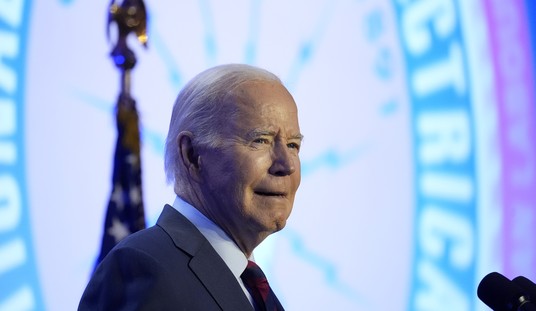
Join the conversation as a VIP Member